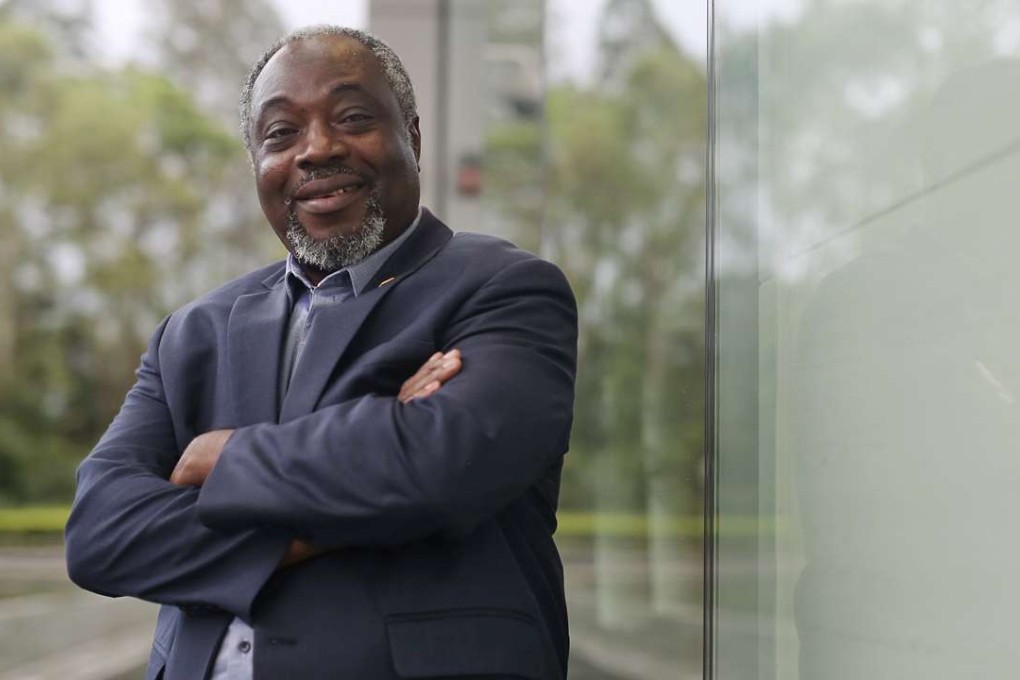Advertisement
Hong Kong needs change of heart on asylum seekers, says refugee from Congo based in South Korea
Yiombi Thona points to low acceptance rate of claims made by asylum seekers in Hong Kong, saying screening mechanism must be improved
Reading Time:2 minutes
Why you can trust SCMP

It’s about time that Hong Kong changes its perception on asylum seekers and improves its screening mechanism, says Yiombi Thona, 48, a political refugee from Congo and professor in the liberal arts division at Gwangju University in South Korea.
“Today, the problem is Syria, tomorrow we don’t know ... Don’t be selfish ... You might think that you are the number one country or the number one city, but that might change,” he said.
Thona is guest speaker for a lunch talk on the theme “What role do East Asian countries have to play in the global refugee crisis? Comparing the protection systems in South Korea and Hong Kong”. It will take place on Monday at the Hong Kong Club Building under the auspices of local NGO Justice Centre.
Advertisement
Thona worked as a national intelligence officer in the Democratic Republic of Congo, but was forced to flee persecution in 2002. He was recognised as a political refugee in South Korea six years later, becoming a professor and a well-known human rights activist in the country.
“Hong Kong should give space to refugees to breath as human beings and be self-reliant,” Thona, who is also deputy chairman of the Asia Pacific Refugee Rights Network, said in an interview with the Sunday Morning Post .
Advertisement
“I think the Hong Kong system must change or be improved. The acceptance rate is very low ... It’s
an opaque system, and I don’t understand why,” he said.
Advertisement
Select Voice
Choose your listening speed
Get through articles 2x faster
1.25x
250 WPM
Slow
Average
Fast
1.25x